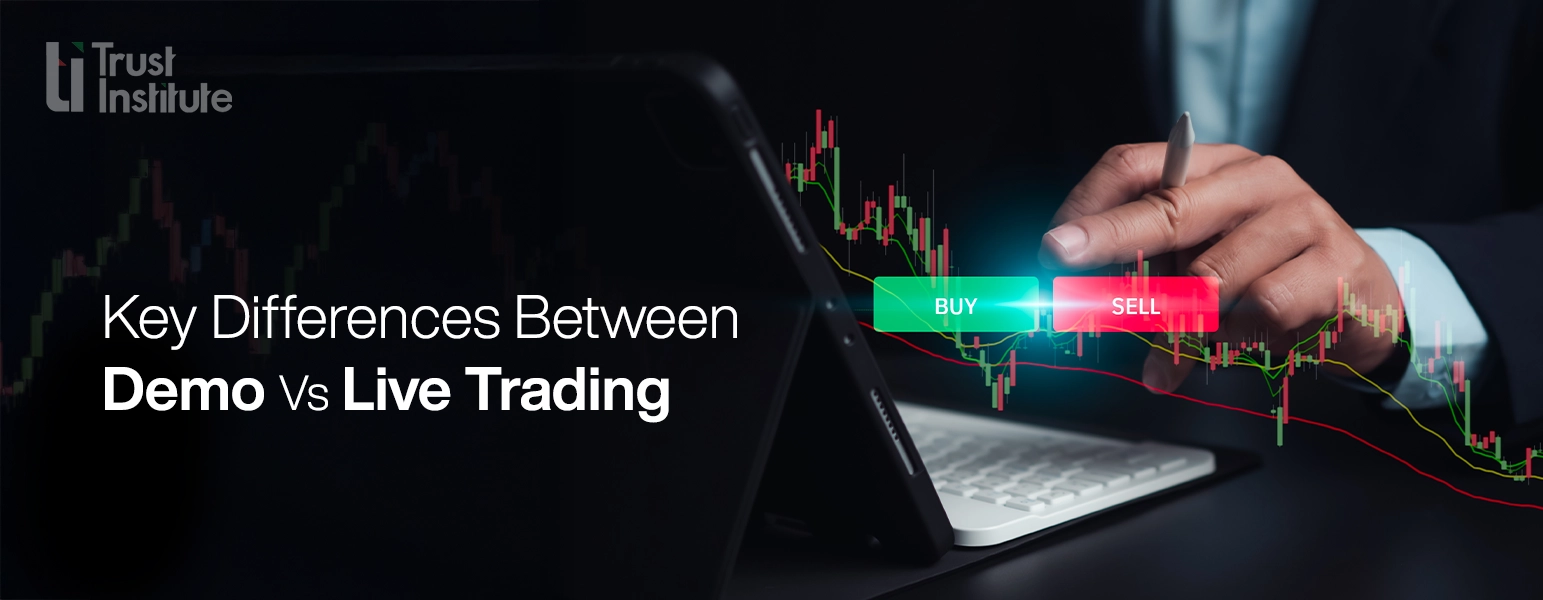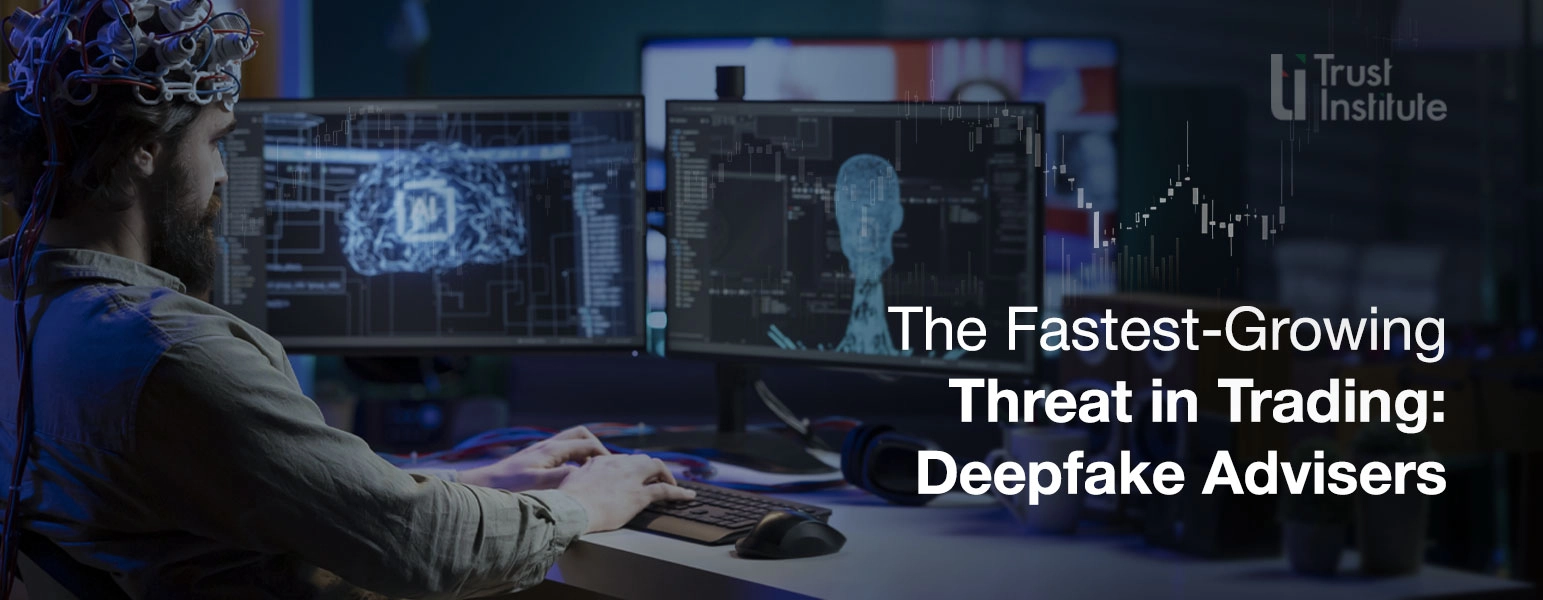Explore the world of financial trading and
gain the knowledge and tools for success with our expertly
written articles and blogs.

How Smart Money Operates: What Retail Traders Can Learn

In the world of forex trading, one question keeps popping up among retail traders: “Why does the market move against me right after I enter a trade?”
The answer often lies in how smart money operates. While retail traders chase setups on Instagram or in trading groups, smart money, including banks, hedge funds, and institutional investors, works with deep market analysis, long-term strategies, and large volumes that influence price movement itself.
But here’s the good news: once you understand how smart money works, you can stop getting trapped and start aligning your trades with the true momentum of the financial markets.
Who or What is Smart Money?
Smart money refers to experienced, well-informed investors and institutions that move large amounts of capital. They aren’t reacting to every candle on a chart—they’re creating the very conditions retail traders respond to. They trade using a strategy guided by economic indicators, price action, and macroeconomic fundamentals.
Think of smart money as the chess masters of the financial markets, while many retail traders are still playing checkers.
How Smart Money Trades?

1. They Trade the Fundamentals and the Flow
Smart money doesn’t get excited over a breakout on a 5-minute chart. Instead, they follow the macro picture, interest rates, inflation data, central bank news, and geopolitical shifts. Their market analysis is rooted in what drives long-term currency value.
Example: Before the U.S. Fed announced rate hikes in 2022, smart money had already positioned itself in USD-strength plays. Retail traders entered only after headlines hit by then, the big moves were over.
2. They Use Technical Analysis for Precision, Not Prediction
Even though they understand the big picture, smart money uses technical analysis to time their entries and exits. They look at key support and resistance zones, market structure, and price action patterns to enter with precision.
3. They Manipulate Liquidity
Institutions need liquidity to enter large positions, and they often find it where retail stop-losses are placed around swing highs and lows, or fake breakouts. These are called “liquidity hunts” or “stop runs.”
Ever been stopped out right before the market reverses? That’s not bad luck. That’s smart money hunting retail orders.
4. Risk Management is Non-Negotiable
Smart money follows strict risk management rules. They risk small amounts per trade, focus on position sizing, and diversify. They don’t try to win every trade—they aim to stay profitable long-term.
Lessons Retail Traders Can Learn :
You don’t need to be a billionaire to trade smart. You just need the right trading strategy, mindset, and knowledge.
Follow the Smart Money Footprints
Look for signs of institutional trading, false breakouts, sudden reversals, and high-volume candles near key levels.
Simplify Your Technical Analysis
Use clean charts with price action, trendlines, and levels. Avoid overloading with indicators. Most institutions rely on raw price data and market structure.
Master Market Analysis
Keep track of economic calendars, news releases, and central bank speeches. Fundamental data drives long-term price movement.
Discipline Over Emotion
Retail traders often let fear, greed, and FOMO guide them. Smart money is cold, calculated, and patient. Train yourself to trade with logic, not emotions.
Invest in Learning
Take time to understand smart money concepts, forex market behavior, and advanced trading strategies. Enroll in courses that explain how institutions operate behind the scenes.
From Retail to Respected

You don’t need to copy smart money, you just need to understand it. When you stop trading emotionally and start trading strategically, the market starts to make more sense.
At Trust Institute, we help retail traders evolve. Through live classes, mentorship, and real-time market breakdowns, we teach you how to read smart money movements, build a consistent trading strategy, and master risk management like the pros.
Stop chasing trades. Start thinking like smart money.
All blogs
©TRUST TRAINING AND DEVELOPMENT INSTITUTE 2026
Disclaimer: Trust Institute is a KHDA-licensed educational institution based in Dubai, UAE. All training programs, materials, and content offered through our website and in-person sessions are provided strictly for educational purposes. We do not offer financial or investment advice, and we do not engage in or promote any trading activity.
Our courses are designed to increase knowledge and understanding of financial markets. Trust Institute is not a brokerage firm, does not manage client funds, and does not participate in any trading on behalf of its students.
Participation in financial markets, including Forex trading, involves significant risk and may not be suitable for everyone. Individuals are encouraged to conduct their own research and consult with licensed financial professionals before making any financial decisions.
By accessing our content or enrolling in our courses, you acknowledge and accept that Trust Institute is not liable for any financial outcomes resulting from the application of educational material shared. You agree that your use of this information is at your own discretion and responsibility.
Trust Institute is fully licensed and regulated by the Knowledge and Human Development Authority (KHDA) in Dubai, United Arab Emirates.






















































